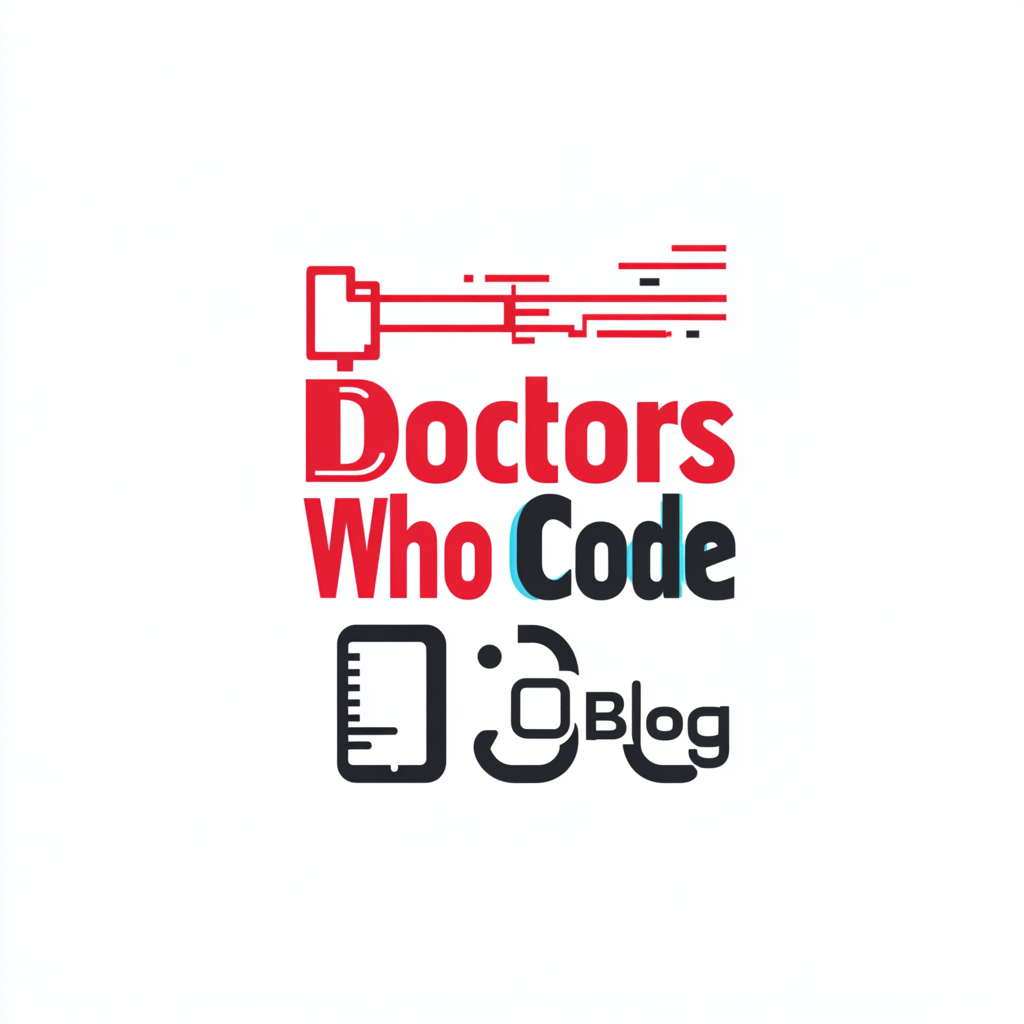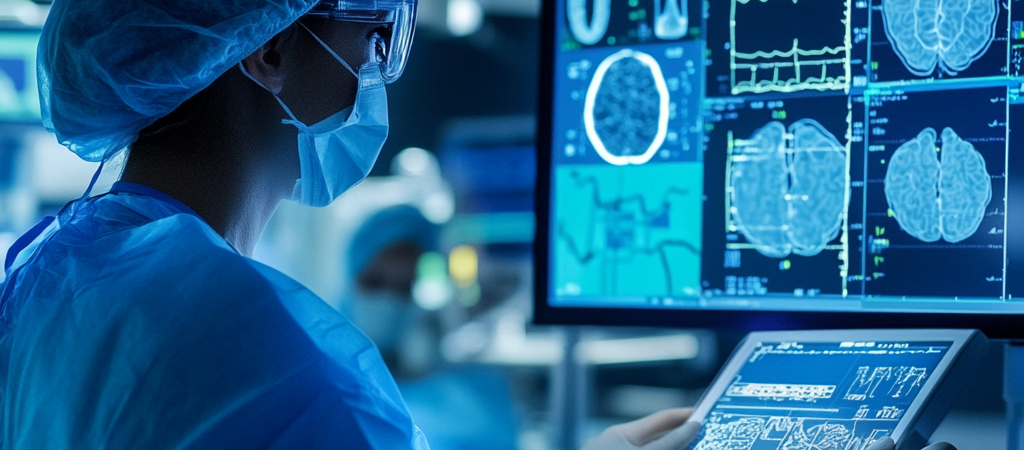Bridging Medicine and Technology: Harnessing AI to Revolutionize Healthcare
In today’s rapidly evolving world, the fusion of artificial intelligence (AI) and healthcare is reshaping the way we diagnose, treat, and care for patients. As both a physician and a programmer, I have witnessed firsthand the transformative power of AI at the intersection of medicine and technology. Here’s a closer look at this fascinating evolution and why it matters for healthcare providers, patients, and the future of medicine.
The New Medical Assistant: AI at the Bedside
Gone are the days of flipping through stacks of medical journals during late-night shifts. Now, AI systems can sift through millions of articles in seconds, providing critical insights that aid in clinical decision-making. But AI doesn’t stop at literature reviews—it’s revolutionizing everyday care.
Here’s how I see AI making a difference in clinical practice:
– Radiology: AI-powered tools detect subtle anomalies in imaging, offering a “second opinion” that’s both tireless and highly accurate. For instance, AI systems have shown promising results in identifying early-stage lung cancer in chest X-rays. (Source: Nature Medicine)
– Emergency Departments: Predictive analytics help forecast patient volumes, allowing for better resource allocation and reduced wait times.
– Documentation: Natural Language Processing (NLP) tools simplify medical documentation, giving physicians more time to focus on patient care rather than typing.
From Big Data to Better Decisions
One of the most revolutionary aspects of AI in healthcare is its ability to analyze vast datasets and uncover hidden patterns. In a recent project, I collaborated on an algorithm to predict complications in post-surgical patients. The AI identified correlations invisible to the human eye, enabling proactive interventions.
Applications of AI in clinical settings include:
– Predictive Analytics: Identifying patients at risk of complications before they occur.
– Personalized Medicine: Tailoring treatment plans based on patient genetics and lifestyle.
– Drug Safety: Monitoring potential drug interactions and adverse effects.
– Preventive Care: Recognizing high-risk individuals to prevent disease progression.
According to the Journal of Medical Internet Research, AI’s predictive capabilities are already showing significant improvements in patient outcomes.
The Human Touch in a Digital Age
AI isn’t replacing doctors—it’s amplifying our abilities. By automating repetitive tasks, AI enables healthcare providers to focus on what truly matters: the human connection. This includes:
– Meaningful Conversations: Spending quality time with patients.
– Empathy: Providing emotional support during critical moments.
– Clinical Judgment: Leveraging experience to make nuanced decisions AI can’t replicate.
Real-world examples showcase AI’s potential. For instance, a recent case involving a rare genetic disorder in my practice highlighted how AI systems can analyze symptoms, lab results, and genetic markers to identify conditions that previously took months to diagnose.
Challenges on the Road Ahead
As exciting as AI in healthcare is, it’s not without challenges. Here are key areas we’re tackling:
1. Data Privacy and Security:
– Ensuring robust encryption and HIPAA compliance.
– Balancing data sharing for research with patient confidentiality.
2. Algorithm Bias:
– Addressing disparities in AI performance across diverse populations.
– Regular audits to ensure equitable outcomes.
3. Workflow Integration:
– Making AI tools user-friendly for healthcare providers.
– Seamlessly integrating them into existing hospital systems.
A report from the World Health Organization emphasizes the importance of addressing these challenges to maximize AI’s potential.
Looking Ahead: The Future of AI in Medicine
The possibilities for AI in healthcare are immense. Some of the most promising innovations include:
– Ambient Clinical Intelligence: Tools that automatically document patient visits, reducing administrative burden.
– Advanced Imaging: AI that detects diseases earlier and more accurately.
– Predictive Healthcare: Systems that prevent health crises through early warnings.
– Personalized Treatments: Therapies tailored to individual genetic profiles.
As these technologies advance, they’ll redefine the standard of care, making healthcare more efficient and accessible.
Getting Involved: How Doctors Can Embrace AI
For physicians interested in coding or AI, here are actionable steps to get started:
– Join healthcare hackathons to network and innovate.
– Explore open-source projects like TensorFlow and Scikit-learn.
– Take online courses in medical informatics and AI.
– Collaborate with tech teams to develop healthcare solutions.
These efforts not only enhance professional skills but also contribute to the larger goal of advancing patient care.
Conclusion
The integration of AI into medicine is not about replacing doctors but empowering them with better tools. By combining human expertise with machine intelligence, we can achieve better healthcare outcomes for all. Whether you’re a clinician, a technologist, or a patient, we all have a role to play in this transformation.
As I reflect on my journey at the crossroads of medicine and technology, one thing is clear: the future of healthcare lies in the seamless partnership between human care and artificial intelligence.
About the Author:
This post is brought to you by Doctors Who Code, a community dedicated to exploring the convergence of medicine and technology. Join us at DoctorsWhoCode.blog and be part of shaping the future of healthcare.
C. Onyeije, MD

